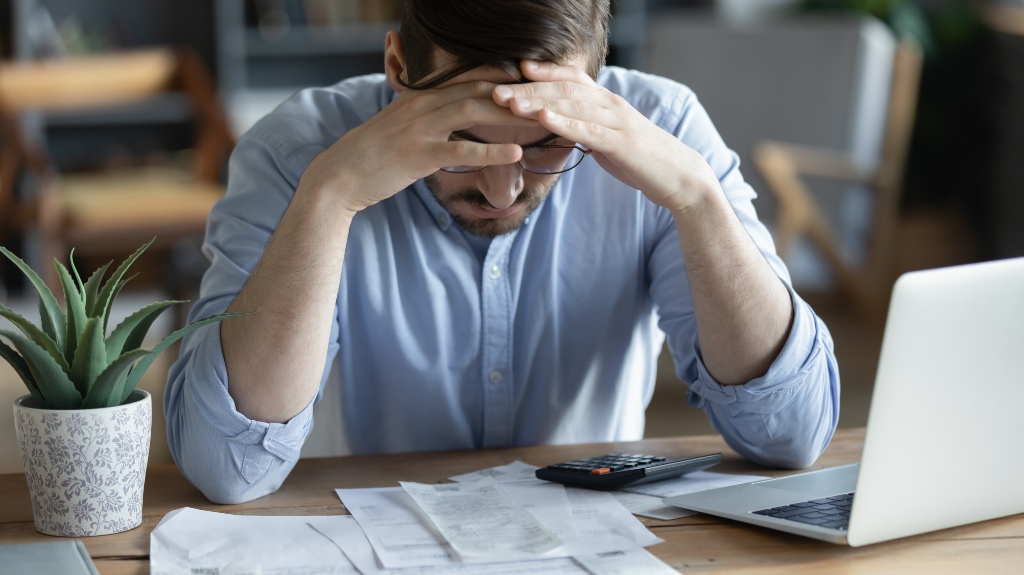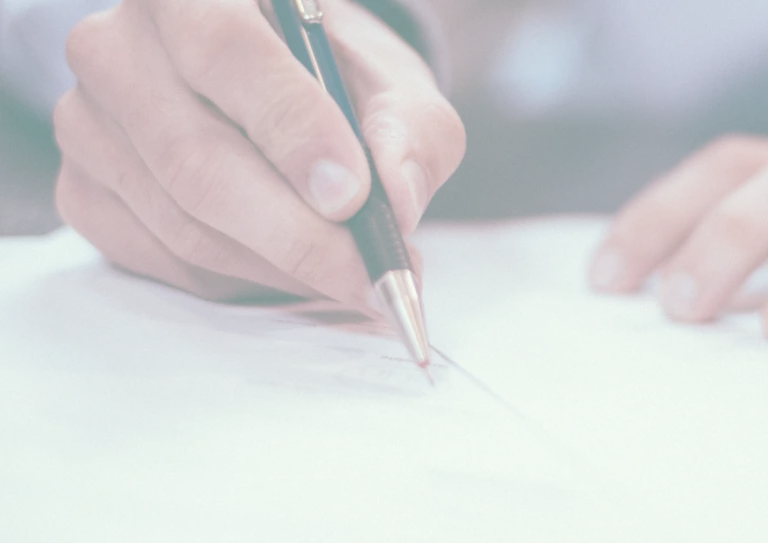Bankruptcy is a legal process that individuals or entities go through when they are not able to pay their outstanding debts. This legal process helps to reduce or eliminate these debts and keep bill collectors away. However, filing for bankruptcy is not an easy decision, as it can have serious financial consequences and result in long-term financial damage. That is why before filing for bankruptcy in Georgia, you should review certain questions and factors that can help you determine what steps you should take next.

11 Questions To Ask Yourself When It Comes To Filing for Bankruptcy
If you are thinking about filing for bankruptcy in Georgia, you want to first ask yourself the following questions:
- Do you make the minimum payments on your credit card bills?
- Do you have to pay for basic necessities with your credit cards?
- Do bill collectors frequently call you?
- Do you have to pay debts by selling personal possessions?
- Are you not sure how much money you actually owe?
- Do you owe more than you pay monthly?
- Is debt consolidation an option?
- Did you spend all of your savings?
- Are you using loans to pay off debts?
- Will bankruptcy actually resolve my financial issues?
- Is your debt causing you to experience extreme stress and harming your relationships and overall health?
If you are having trouble answering some of these questions or want more information regarding your options depending on your financial situation, consider reaching out to an experienced Georgia bankruptcy attorney as soon as possible. These skilled legal professionals can go over each of these questions with you in detail and develop a plan that would work best for you.
Two Common Types of Bankruptcy
If you decide that it is time to file for bankruptcy, there are usually two options for you to choose from — Chapter 7 or Chapter 13 bankruptcy. However, determining which of these is the right decision for you may require the help of a skilled bankruptcy attorney.
The biggest difference between these two types of bankruptcies is what happens to a person’s property after they file. For instance:
- Under Chapter 7, also known as liquidation bankruptcy, individuals have to sell some or all of their property to pay off their debts, after which certain debts will be considered discharged.
- Under Chapter 13, or reorganization bankruptcy, individuals have a chance to keep their property, including secured assets such as their home, if they successfully complete a court-mandated repayment plan.
Contact the Law Firm of Duncan & Brow and Figure Out Your Legal Options
If you are having a hard time paying bills or money stress keeps you up at night, do not deal with these situations alone any longer. Instead, contact the Law Firm of Duncan & Brow., today or call us at 706-755-2928 to arrange a free case evaluation.
Our legal team can go over each of these factors, figure out the legal options you have, and help protect your rights and your future.


